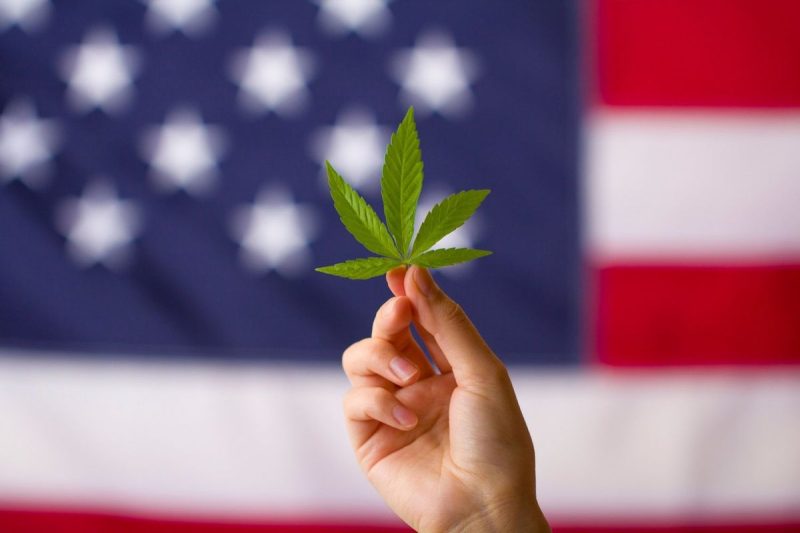In a recent development, the United States Drug Enforcement Administration (DEA) has proposed reclassifying cannabis-derived drugs containing up to 0.1% tetrahydrocannabinol (THC) as Schedule III controlled substances. This move is significant as it would have a far-reaching impact on the legal status of cannabis in the United States.
Under current regulations, cannabis and its derivatives are listed as Schedule I substances, meaning they are considered to have a high potential for abuse and no accepted medical use. By proposing to reschedule certain cannabis-based drugs, the DEA is acknowledging the potential therapeutic benefits of these products.
The proposal comes at a time when there is growing acceptance of cannabis for medical and recreational use across the country. With more states legalizing cannabis in various forms, the federal government’s stance on the drug has been a subject of debate and contention.
Proponents of cannabis reform argue that reclassifying cannabis-derived drugs would make it easier for researchers to study the plant’s medical properties and for patients to access potentially life-changing treatments. By moving cannabis to a lower schedule, the DEA could open the door to more research opportunities and innovation in the medical cannabis industry.
However, the proposal has also raised concerns among critics who worry about the potential implications of loosening restrictions on cannabis. Some fear that rescheduling cannabis could lead to increased recreational use and potential abuse of the drug, especially among young people.
Meanwhile, in Canada, another cannabis-related issue is causing a stir. The country’s government has been facing criticism for ignoring concerns raised by cannabis companies about the tax burden they face. Many industry players argue that the current tax structure is hindering their ability to compete globally and stifling their growth potential.
Canadian cannabis companies are calling for changes to the tax regime to level the playing field and allow them to thrive in an increasingly competitive market. They argue that high taxes are limiting their ability to reinvest in research and development, expand operations, and create jobs, ultimately impacting the industry’s overall growth trajectory.
In response to these concerns, the Canadian government is under pressure to reconsider its approach to taxing cannabis companies and explore solutions that support the industry’s growth while ensuring compliance with regulatory requirements.
The developments in the United States and Canada highlight the complex and evolving landscape of cannabis regulation and taxation. As more countries around the world move towards legalizing cannabis in some form, policymakers face the challenge of striking a balance between fostering innovation and economic growth in the industry while mitigating potential risks associated with increased cannabis use.
Ultimately, the decisions made by authorities in the United States and Canada will have far-reaching implications for the future of the cannabis industry and the millions of people who rely on cannabis for medical or recreational purposes. As the debate continues, stakeholders on all sides will need to work together to find solutions that promote responsible cannabis use and support a thriving and sustainable industry.
